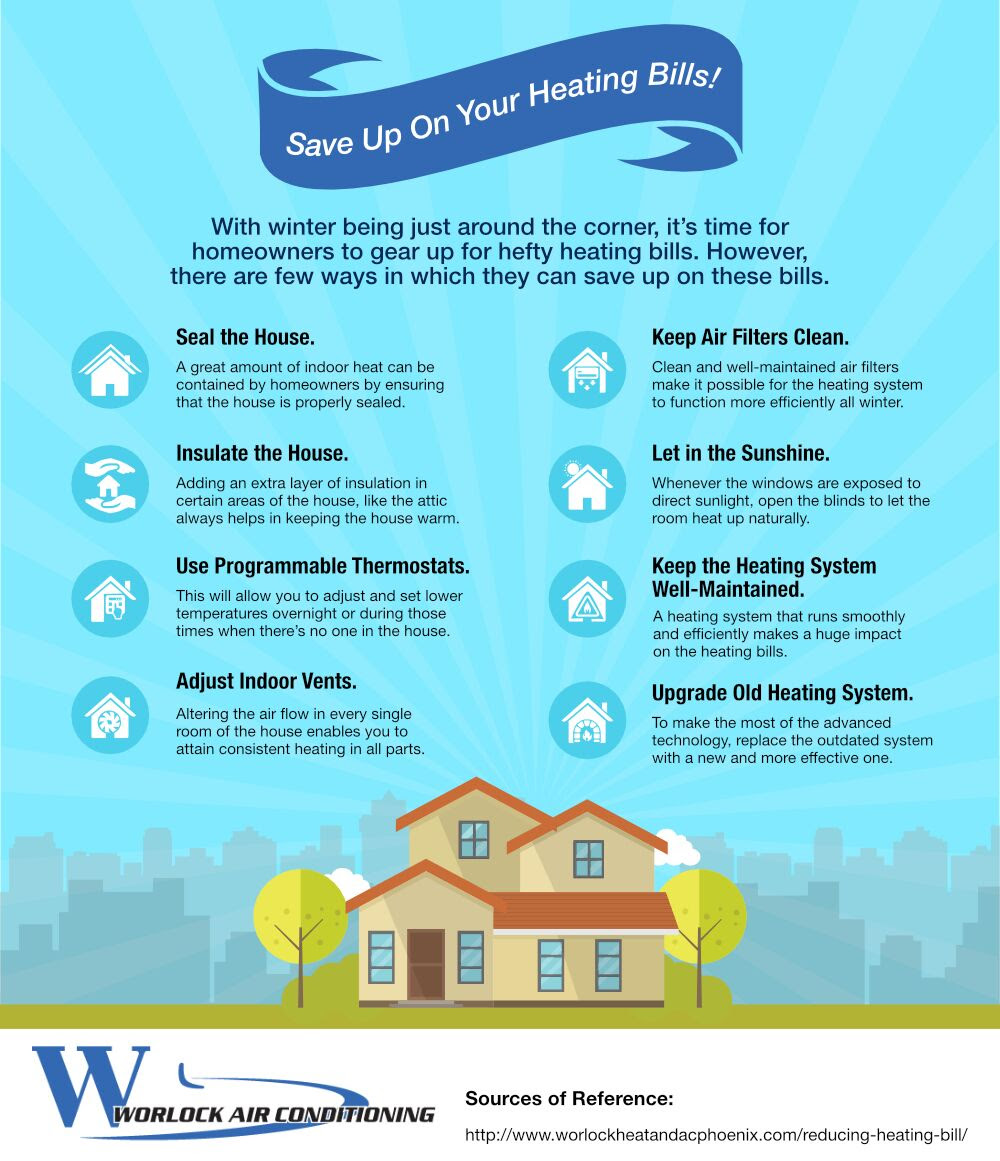Heatpump Vs Heater - Which Is The Better Heating Alternative For Your Home?
Heatpump Vs Heater - Which Is The Better Heating Alternative For Your Home?
Blog Article
https://docs.google.com/spreadsheets/d/1QamJmgvCoo2gPNMF6CLm1hIOPmKaJ4V4g2VF7xUhWbQ/edit?usp=drive_link By-Huff Matthiesen
Several house owners know with furnaces, which warm homes with oil or natural gas and push hot air with ductwork. They are relatively cost-effective and can supply trustworthy home heating even throughout a wintertime power interruption.
Nevertheless, they make use of fossil fuels and create carbon monoxide gas and various other air pollution. They also aren't as energy-efficient as a high-efficiency heat pump.
Price
Normally, heatpump are much more inexpensive to operate than heating systems. They typically utilize electrical power and refrigerant to remove heat from outdoor air, and then move it into your home. You can make the most of less expensive electricity prices during off-peak hours to additionally lower your home heating prices.
Unlike heat pumps, gas or wood-burning heaters use combustion to generate warm, giving off flue gases into the ambience that can be dangerous to your health and wellness. These heaters are also much less energy-efficient than heat pumps, and their higher operating expense can accumulate in time.
Heating systems are much more difficult than heatpump and need regular upkeep to make certain the appropriate function of all components. Regardless of this, they often tend to last longer than heatpump with a common life expectancy of two decades or more. However, you'll need to consider the price of gas, gas oil or wood and the additional equipment needed for installment and operation such as air ducts and ventilation systems.
Energy Efficiency
Heat pumps have a greater power efficiency score than heaters. These systems make use of electrical power to scavenge warm from the air, even in freezing temperature levels. They can additionally eliminate excess warm from the home during warmer months and reuse it to cool down the system. Provider specialists can help you identify the best model for your home based on environment and source energy costs.
Heaters shed fuel oil, lp, gas or other kinds of fossil fuel to warm the air in the home. This air is after that distributed through ductwork utilizing a huge follower. Heaters produce greenhouse gases and call for routine upkeep and equipment upgrades to guarantee safe procedure.
The most significant benefit of a furnace is that it can be run even in extreme wintertime conditions because it does not rely upon outside temperature levels to warm the air. Heaters additionally have a longer life expectancy than heatpump and normally last 15 years. They can additionally be paired with twin fuel choices, which pick the most efficient heating option based upon the climate.
Climate
Heat pumps work well in moderate climates and use less source power than heaters. Nonetheless, if your region is incredibly chilly, you might require to purchase a basic gas heating system rather.
Heaters provide warm, cozy heat and typically offer fast heating to elevate interior temperatures. These systems can be used with a variety of fuel types, including natural gas, propane, oil or electricity.
They take in a lot more energy than heat pumps-- up to 3x as much-- and require ductwork that's expensive to install or retrofit. They're likewise a lot more pricey to maintain, as they can create air top quality issues and create greenhouse gas exhausts.
If you're dedicated to minimizing your carbon impact, a heat pump is a great selection for your home. They have less greenhouse gas emissions than heaters, particularly if you pick an ENERGY STAR ® heatpump. simply click the up coming document can describe the differences in between these 2 heater and assist you make the best decision for your one-of-a-kind requirements.
Individual Preferences
Furnaces can be very energy reliable when powered by gas, lp or oil, however they aren't as energy effective as heat pumps in freezing climates. They can also be a lot more expensive to set up, requiring gas lines and ventilation systems.
However, heaters tend to require much less upkeep, which can lead to reduced continuous expenses. They generate less greenhouse gases and are a lot more reliable than heat pumps throughout extreme weather.
Electric heat pumps are extra functional in developing interior comfort due to the fact that they can also function as air conditioning unit during warmer months. They can be more convenient to preserve, needing only routine air filter adjustments and occasional vacuuming.
If you prefer the ease of a single system that does it all, take into consideration a hybrid heating remedy that sets a heating system with an electric heatpump. These systems can automatically switch over between the two home heating alternatives based upon your home's requirements and temperature conditions, taking full advantage of performance and cost savings.